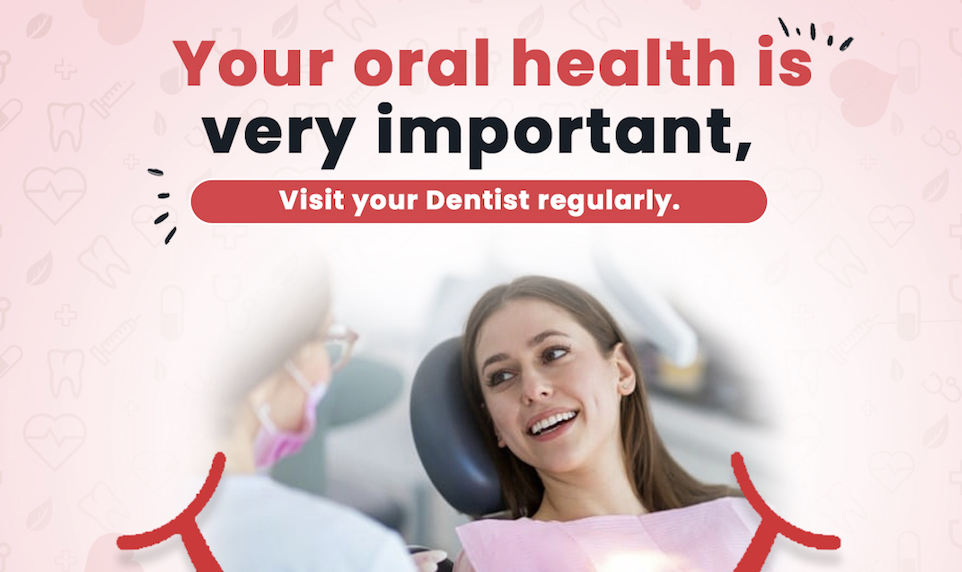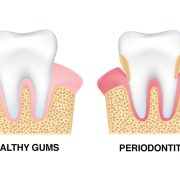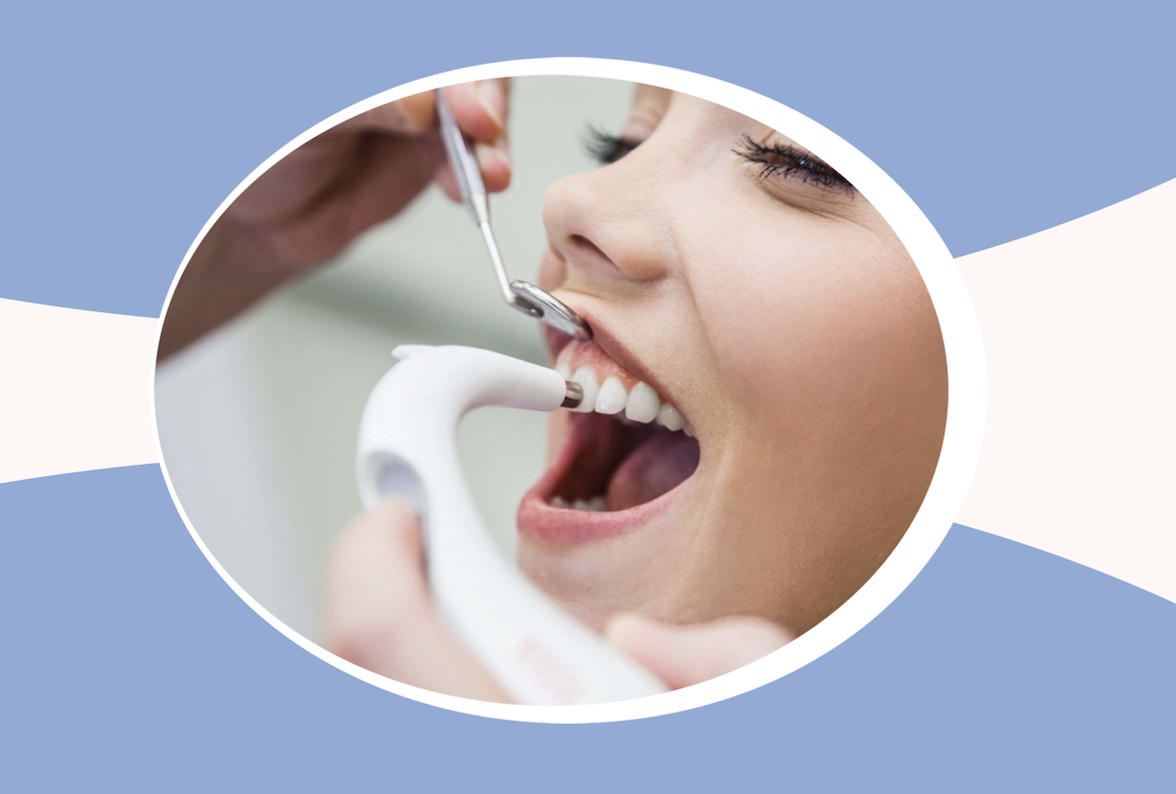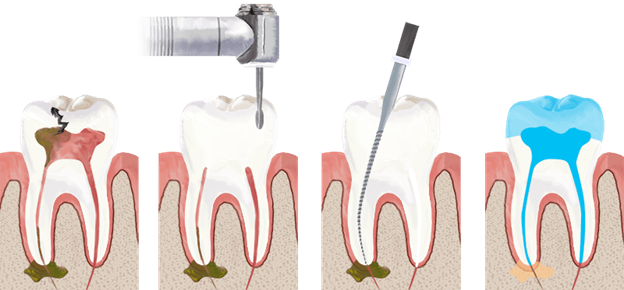When you think of cavities, most people instinctively cringe. After all, the word itself sounds disgusting and painful! The truth is, tooth decay or cavities are a very common problem with adults and children alike. As much as we’d like to think of our pearly whites as invincible, the unfortunate reality is that our teeth are susceptible to decay, especially when we don’t take care of them properly. This article is an overview about what causes tooth decay, how it can be prevented, and what to do if you suspect you have cavities. Let’s take a look at this unpleasant but dental hygiene topic in more detail!
What is tooth decay?
It also known as dental caries, is the process of disintegration of tooth structure by bacterial metabolites. All teeth are subject to caries, but the very young and the elderly have teeth that are particularly vulnerable. Young children whose teeth are still growing have caries because their teeth have not finished growing and are therefore too short for sound retention. Elderly people, whose teeth are often loose and whose immune system is often depressed, are particularly susceptible to caries.
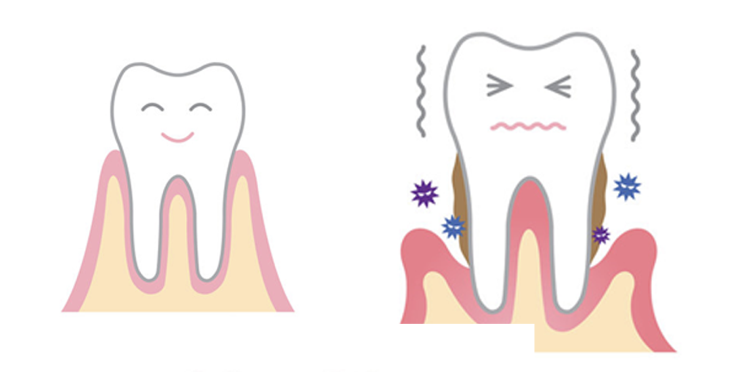
What causes tooth decay?
Regularly eating high-sugar foods like sweets, soda and processed foods.
Frequent snacking – especially on high-sugar foods.
Smoking, drinking excessive amounts of alcohol, and not being very careful when brushing your teeth.
Brushing your teeth only once a day – or not at all.
Having a poor dental hygiene routine, especially if you have existing dental issues.

There are a few things to understand about how tooth decay actually works. First off, bacteria are present in our mouths, and they produce acids as a result of the metabolic process. These acids are responsible for dissolving the minerals in our teeth – that’s what causes of it. Bacteria have to have a diet rich in sugar and carbohydrates in order to thrive, since that’s the main nutrient they need to survive. Because of this, regular intake of sugary foods and drinks increases the risk of tooth decay significantly.
How to prevent tooth decay
The best way to fight tooth decay is to maintain a proper dental hygiene routine. Brush your teeth twice daily for two minutes each time. If you notice your teeth are sensitive, or you have an exposed tooth root, that could be a sign of early tooth decay and you should see a dentist as soon as possible.
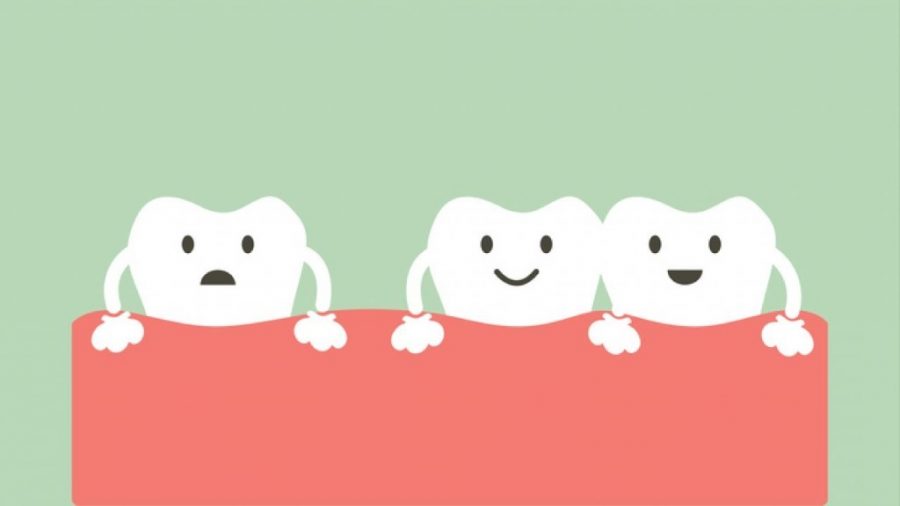
Limit or avoid sugary and starchy foods or beverages. – If you have to consume sugary or starchy foods, brush your teeth right after. – Floss and brush your teeth properly, covering all tooth surfaces and the gum line.
Wear a mouth guard if you’re playing sports to prevent tooth and gum damage. – Consider using an antibacterial mouthwash to kill the harmful bacteria in your mouth.
Cavities and repairs
A cavity is the term dentists use for tooth decay that has progressed to a point where the tooth is irreversibly damaged. Once a cavity has formed, there are two ways to treat it: – You can opt for a filling, which means removing the decayed tooth material and then replacing it with an artificial substance, such as a dental composite.
Or you can get a dental crown, which is a type of restoration that completely covers the decayed tooth. After you clean up the cavity, it’s important to maintain proper dental hygiene to prevent new cavities from forming. Remember that dental health is crucial for overall health and is an investment in your future.
Conclusion
Tooth decay is an extremely common problem that affects people of all ages and can lead to serious health complications if left untreated. It is caused by bacterial acids that are produced when the bacteria break down the food debris that gets stuck in the teeth. You can prevent tooth decay by brushing your teeth twice a day, flossing, and visiting the dentist regularly. If you suspect you have tooth decay, see a dentist as soon as possible. It is important to treat tooth decay as soon as possible because it can get worse if left untreated.

